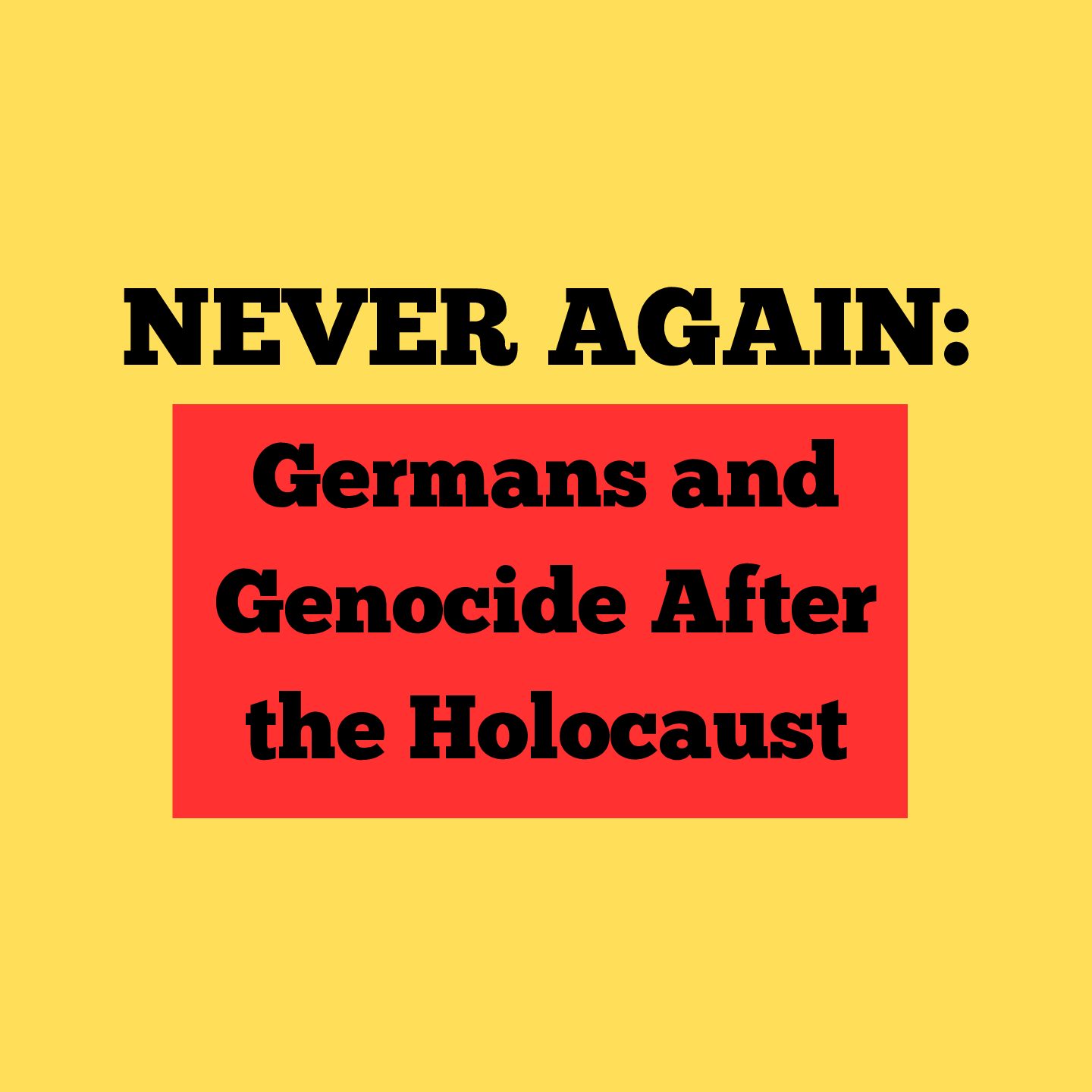A Wayne State University Professor gave a talk at Northern Michigan University’s Lydia M. Olson Library on Thursday, Oct. 19, about Germany’s response to genocide after the Holocaust.
The gathering of NMU students, staff and general public, all welcomed professor Andrew I. Port to share his expertise in the German response to the Holocaust and genocide across the world. Port said few countries are more troubled than Germany by their recent past.
“The story of how Germans managed to put their violent genocidal past behind them in practice and create a stable and prosperous democracy, reluctant to the use of force and committed to the defense of human rights,” Port said. “That, I think, is an equally important and gripping tale.”
Port’s interest in Germany’s response to foreign genocide began in the summer of 1992. While living in Germany, Port was shocked to learn there were concentration camps in Bosnia at the time. Port said he remembers the dilemma that faced the German people and how they cited their past to come up with two opposing responses, “never again Auschwitz or never again war.”
“Should their country, because of their past, standby and do nothing in response to reports of yet another genocide, this time only a day’s drive from Berlin?” Port said. “Or should they participate in the international interventions intended to stop the mass slaughter by force?”
There is an untold story of Germany’s response to foreign genocide that even through pandemic racism, wealth disparities, sexism and environmental degradation, is still a story of success. Port said the commendable actions of Germans can serve other countries, including the U.S., as a “master class” in coming to terms with a disturbing past.
Something that NMU senior Joad Blaauw-Hara agrees with.
“It’s important for people not just in Germany, but people in America, to learn from lessons like that and hopefully apply them to things that we could do in America in relation to traumatic events that we’ve caused,” said Blaauw-Hara.
He added that the talk was relevant to current events referring to the Israeli-Hamas conflict.
In the discussion portion of the event, a question was asked about Israel’s occupation of Gaza amounting to genocide. Port did not directly answer this question, but he said the official definition of genocide had been written by a Polish Jewish legal scholar, Raphael Lemkin, as “the attempt in whole or in part to eradicate a people.” Port later added that particular actions taken by Israel “would fall under the rubric of genocide.”







